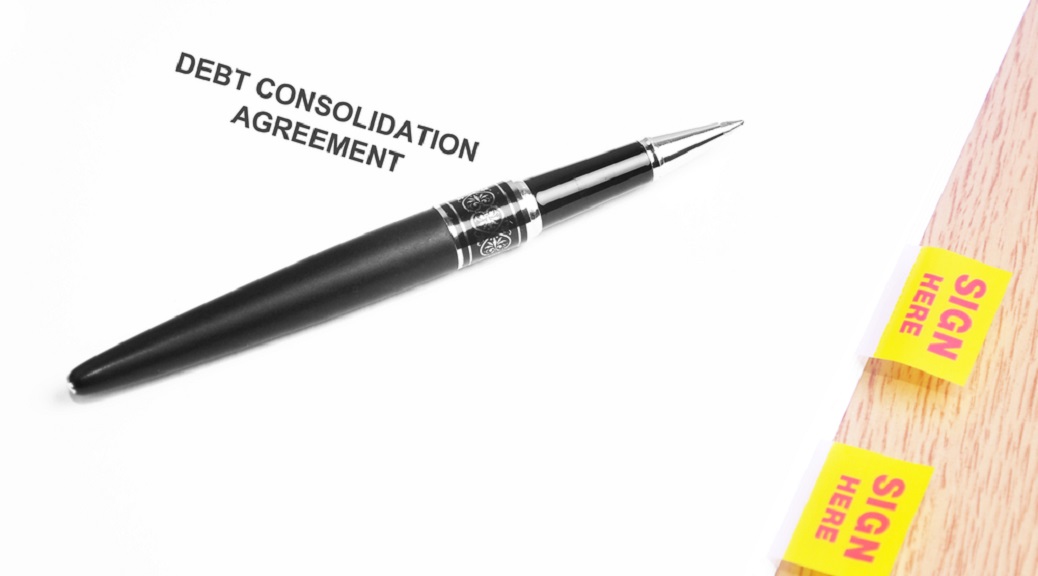Debt consolidation is the act of combing all debts into one. This could be through a loan that pays off multiple credit cards, a high limit credit card that pays all other debts, or a secured loan taken against an asset to pay for all debts. There is this belief that debt consolidation is an amazing process to get debts more controllable.
While debt consolidation may work better for someone who prefers one payment, the debt is still there regardless. The CGS Team is sharing a few facts about debt consolidation so that you can determine if it will work better for you, as opposed to keeping debts separate. Remember, getting rid of debt should always be a top priority, whether it’s consolidated or not.
One Payment vs. Multiple Payments
If you have a lot going on, worrying about multiple debt payments can get overwhelming. Letting a payment slip through the cracks or get paid late can hurt your credit score, which is not the way to go. Having only one payment can make life a lot easier. One thing to note is that the one payment will be quite large.
Since all of your outstanding debt is in one place, one large payment will be required – minimum payment or not. Can you part with a large lump sum all at one? You won’t have multiple smaller payments from your old debt accounts, so evaluate if this will work better for your financial situation.
Compare Interest Rates
The standard interest rate on a credit card ranges from 15% to 22%. Having multiple credit cards with these rates can get pretty expensive. Consolidating your debt onto a personal loan with a rate of 10% or less will definitely save you money on interest. If you can get that kind of deal, it may be worth it!
Sometimes when you consolidate debt through a bank, they take the average interest rates of all the debts you will be consolidating. In this case, determine if it’s easier to just knock out your high interest debt first. Consolidating may not be the best because you are stuck with that average rate as long as you have a balance due.
Beware of the Trap
According to Dave Ramsey, whose friend works for a debt consolidation company, 78% of the time, after someone consolidates credit card debt, the debt grows back. Although you still have the same amount of debt, it’s easy to get into the mindset of using zero-balance credit cards. Falling back into the spending trap can leave you with more debt than what you started with. If you do decide to consolidate your debt, stash your credit cards in a safe place. Don’t keep them in your wallet where they could be used for an impulse buy.
Understand the Real Problem
Whether you consolidate your debt or not, the real problem is not the debt itself. The problem is the overspending and under saving that the debt became a symptom for. Once you get out of debt, re-evaluate your spending. Do you have an emergency fund? Do you have a savings plan? Start forming goals so you don’t wind up back in debt. Vow to not get yourself in that position again. Debt can be stressful, difficult and exhausting, but stay focused and motivated. You will get through it!
Related: How to Tackle Your Debt Head On.
Have you consolidated your debt before? If so, did it work for you or did you fall back into the debt trap? Would you consider debt consolidation? Let’s talk about this, since debt effects just about everyone! Share your thoughts and start discussing by leaving a comment below!





